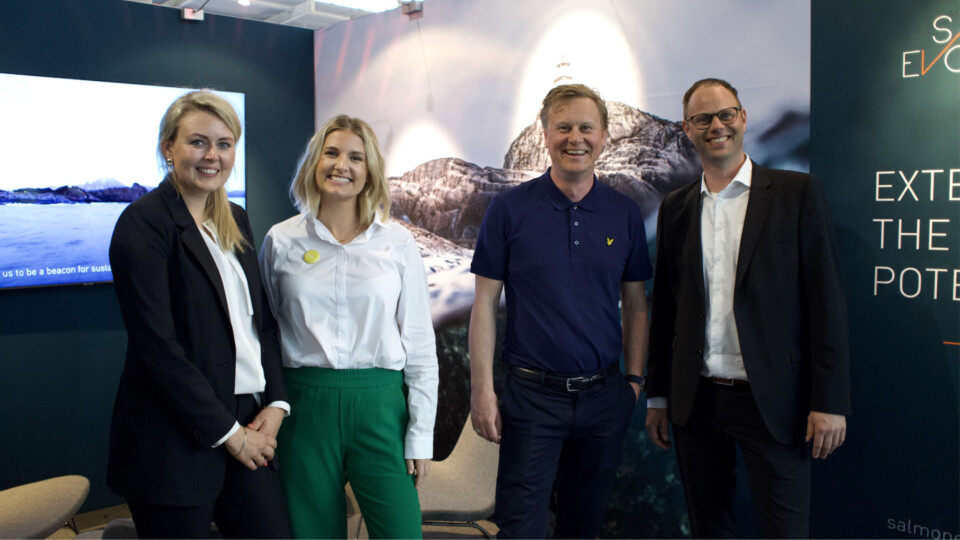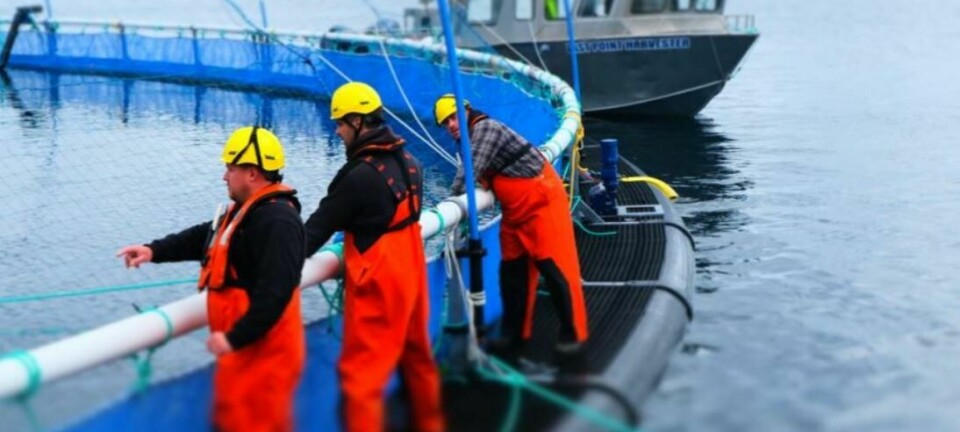
Salmon Evolution opts for cloud-based sales software
Land-based farmer Salmon Evolution has chosen Maritech DigitalSeafood cloud software to handle all processes related to seafood sales and trading, software supplier Maritech announced today.
“Maritech was a natural choice for us,” said Odd Frode Roaldsnes, chief commercial officer for Salmon Evolution, which recently introduced the first smolts to phase one of its hybrid flow-through / recirculating aquaculture system farm on Harøy Island in Norway.
“We are cooperating closely with Vikenco, who will handle all packing and processing of our land-based salmon, and we target seamless integrations between our systems and their production, packing, and processing solutions.
Efficient data flow
“We believe in digitalisation, and sharing the Maritech platform with Vikenco, will enable an efficient data flow that will give us valuable insights about our high-quality land-based salmon, and how we continuously can improve product quality, and our sales departments efficiency when we connect new trading- and documentation tools.
“Furthermore, we believe that modern, secure, and user-friendly cloud solutions are essential to running our sales processes as smoothly as possible.
“As Maritech’s DigitalSeafood platform is built specifically for the seafood value chain, and hosted in Microsoft Azure, we get the process support we need, combined with Microsoft scalable, state-of-the-art infrastructure and functionality. We know Maritech well, as a solid and competent partner and advisor.”
Highly innovative
Klas Vangen, vice-president, sales, for Norway-based Maritech, said: “Salmon Evolution is a highly innovative company with a forward-leaning team, and we are very happy to have been chosen as one of their partners.
“They are extremely professional and easy to cooperate with, always focusing on finding optimal solutions. We share the same ambitions of being world-leading and unique within our segments while creating considerable value for our customers and owners.”
Salmon Evolution expects to produce 9,000 tonnes of salmon annually in phase one, and more than 30,000 tonnes when the plant is complete.





















































